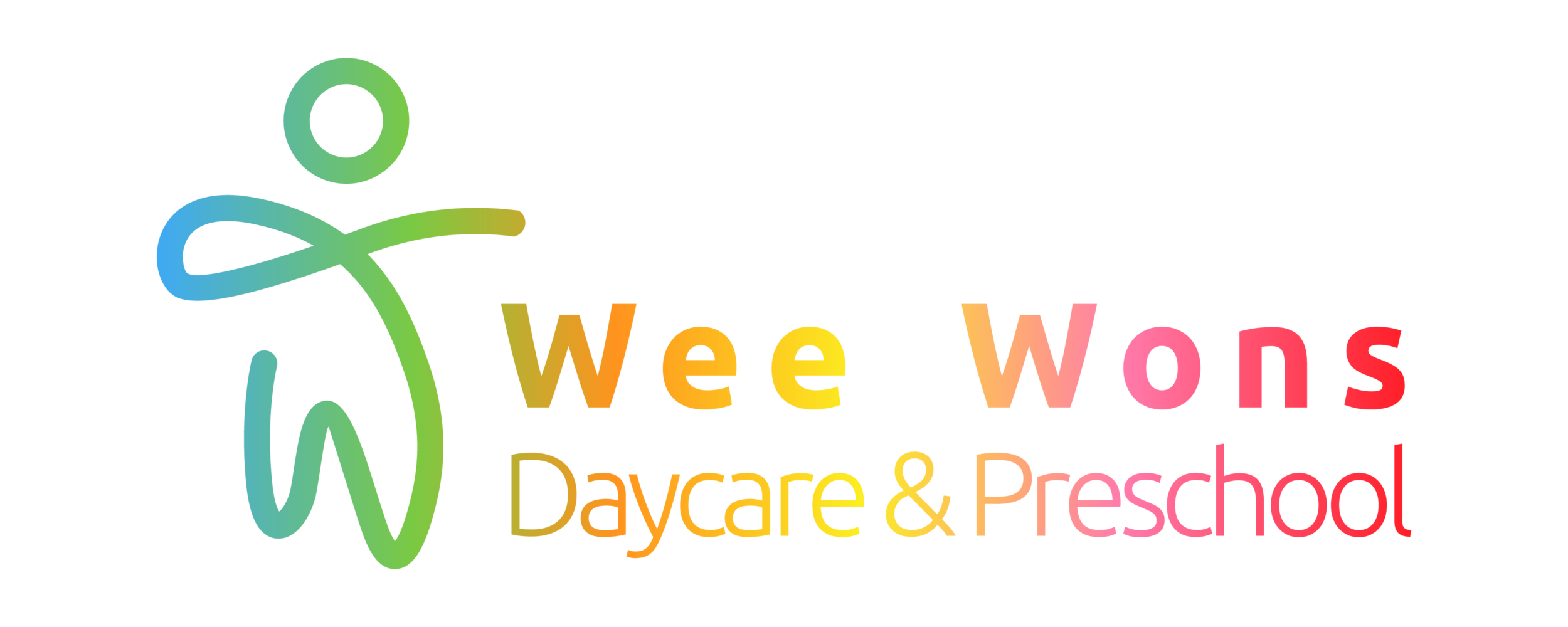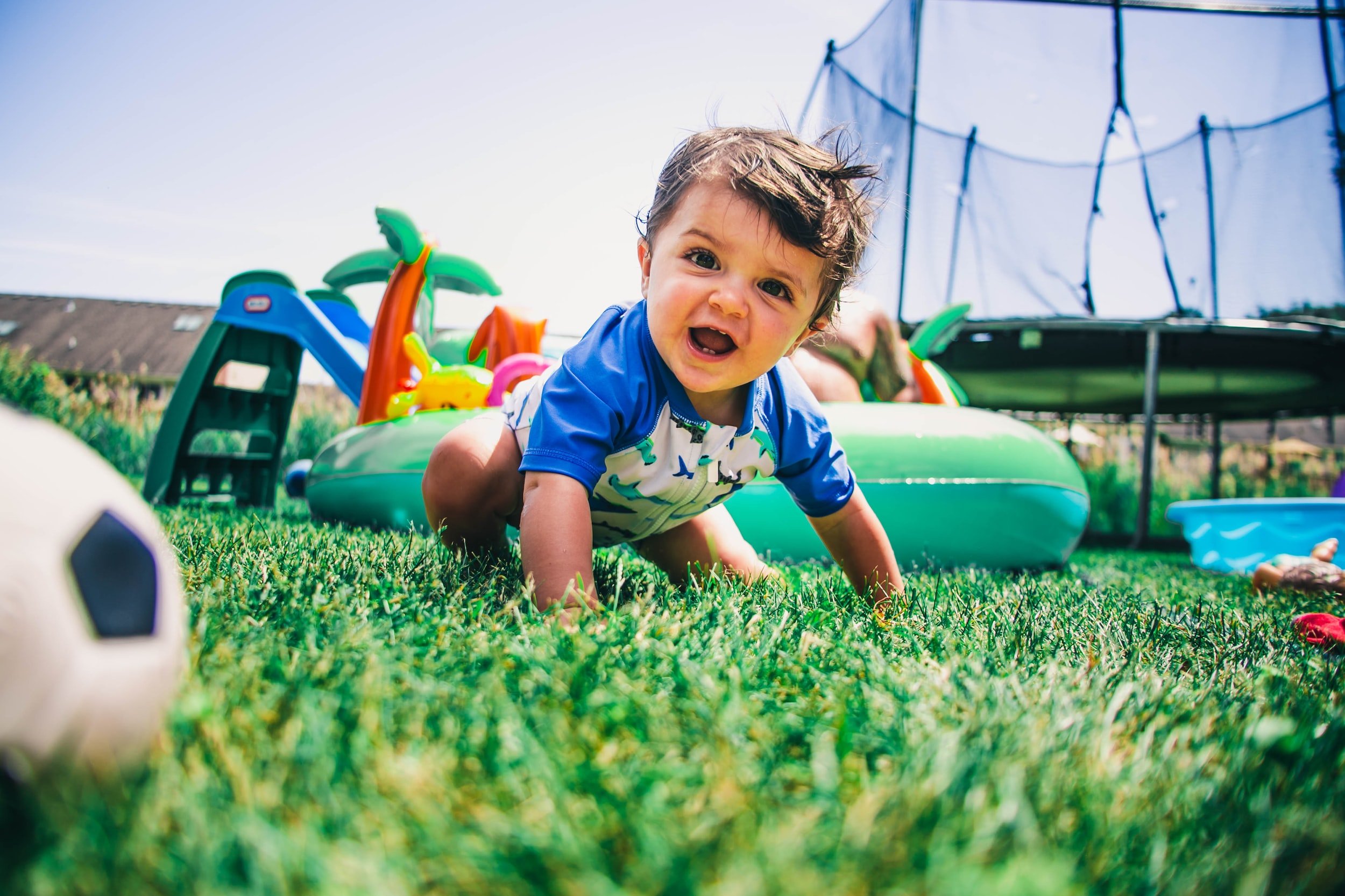10 Developmental Milestones Parents Should Look For
A developmental milestone is “a marker of child development in which a child acquires or displays a new skill.” As a parent, it’s important to know your child’s developmental milestones. This will help you identify if there is anything wrong with their development and can also give you an idea of how their development compares with other children of the same age. But how do you know? This article will go over ten developmental milestones parents should look for in their children.
Parents should look for these 10 developmental milestones in their children:
The ability to sit up unassisted (by 9 months)
Sitting up unassisted means that the baby can lift his or her head and shoulders off the floor when placed in a sitting position. Being able to do this indicates that the baby has developed enough strength in his or her neck muscles to support his or her head, as well as the ability to coordinate movement between the trunk and legs. This is important because it allows a baby to play while sitting up and also helps him or her achieve this posture in order to learn how to crawl later on.
Sitting up also helps babies’ hearing and vision develop as they practice interacting with their environment, which can be especially important for children who are born prematurely or have other special needs.
The ability to walk independently (by 18 months)
The ability to walk independently means that your child can walk without any help from you. They may need your support for getting up or down stairs and other obstacles, but they can otherwise move around on their own.
Why is this so important? It helps children develop cognitively. Walking allows children to interact with their environment, learn about it and understand it more fully. This helps them develop intellectually and emotionally.
It also helps children develop physically. As they walk more and become more mobile, they gain more strength in their legs and core muscles, which is important for healthy development as they grow older.
More importantly, it helps children establish independence. As they become more independent in walking around, they also learn how to function without Mom or Dad always there to hold their hand. This helps them feel confident about themselves as well as connected with their family members who may be present when this milestone occurs!
The ability to speak at least 50 words (by 2 1/2 years)
This means that your child will have started saying a few words by this age, and that they’ll have a vocabulary of at least 50 words by the time they are 2 1/2 years old. The number of words your child knows will vary depending on how quickly they learn, but this is a good starting point for parents looking to see if their child is developing normally or not.
This skill is also important because it can help your child build confidence in their communication abilities, which will make it easier for them to learn new words and develop more complex language skills in the future.
If your child isn’t speaking at least 50 words by the time they turn 2 1/2 years old, it’s important that you talk with your doctor right away. The doctor may want to run some tests on your child or refer you to another specialist who can help identify any possible reasons why they aren’t able to speak as well as other kids their age do already.The quantity and quality of sleep in children has an impact on their physical, mental and emotional health.
The ability to use the toilet independently (by 3 years)
A child’s ability to use the toilet independently is a developmental milestone that parents should keep an eye out for. It means that your child can go to the bathroom, sit on the toilet, and take off their own pants or underwear. They may need help getting up, but they should be able to do all of these things by themselves.
It’s important because this helps your child gain independence and learn how to take care of themselves. They will also be prepared for school when they need to use a public restroom with other kids there.
The ability to dress himself/herself independently (by 6 years)
It’s important for children to be able to dress themselves because it gives them more freedom, and helps them develop confidence in their own abilities. When parents are involved in dressing their child, they can also help them learn about how clothes work, how to put things on correctly and how to keep themselves clean.
This skill also gives children more independence and self-esteem, as well as helping them learn how to make decisions based on their own preferences rather than always relying on someone else’s guidance.
In order for children to be able to dress themselves independently they must have adequate dexterity in their hands and fingers, which means they need good fine motor skills. They also need good language skills so that they can communicate what type of clothing they want or need (such as “a shirt” or “my shoes”), although this is something most children will have mastered by age 3 or 4 years old (depending on whether or not they have any developmental delays).
More importantly, this is also important in terms of developing their motor skills, as it requires coordination and balance to reach for clothes in a closet or dresser, put them on correctly and tie shoes.
The ability to tell a story with details, taking turns when sharing information with others (by 4 years)
Storytelling is an important part of early childhood development. It builds language skills, imagination, and confidence. It also helps children develop social skills like taking turns and listening actively.
Children may start telling stories at a very young age, but their stories may not have much detail or structure. In fact, sometimes they don’t even make sense! But as they get older, they’ll start to add more details until they can tell a story that’s actually interesting to listen to.
In addition to storytelling, it’s important for kids to be able to take turns while talking with others—and this starts around age four. This is because being able to take turns means that someone else’s ideas are being heard and respected. It also means that the other person has listened attentively enough so that they know what question or comment needs answering next!
So if you hear your child telling a story with lots of details or taking turns when talking with other kids their age, then it’s an indication that your child has reached the appropriate level of cognitive development for this age group.
The ability to understand time concepts such as “before” and “after” (by 5 years)
When a child can understand time concepts like “before” and “after,” it means that a child has developed an understanding of the passage of time and how things change over time. This helps a child develop skills like problem-solving, planning ahead, reasoning, and predicting outcomes based on past experiences. It also allows a child to make decisions about what he/she wants to do in the future, which is important for success in school and life overall.
These milestones are important for children because they help them learn how to plan ahead—which includes taking into account how long things take or how much effort will be required before starting something new. They also make children more self-reliant because they know how long certain tasks will take before accomplishing them.
The ability to notice when others are hurt ( by 2 years)
The ability to notice when others are hurt is a sign of empathy and emotional maturity. Empathy is the ability to understand other people’s feelings and thoughts, which helps us treat them with kindness and respect. People who have a lot of empathy are more likely to be kind, thoughtful, and good listeners. They also tend to have good relationships with others because they can understand what their friends, family members, and teachers are feeling.
Hence, when a parent observes this ability in their child, they can be assured that the child is beginning to understand the concept of empathy, which will be important as they grow older. As children become more aware of other people’s feelings, they will also begin to develop an understanding of how their actions affect others. This skill will help them make better decisions throughout life.
The ability to follow 2-steps instructions (2 1/2 years old)
This skill shows that your child can follow directions and can understand the concept of cause and effect. It also indicates that they are able to understand something new, which will help them in school and in life.
If you want to know if your child has mastered this skill, ask them to follow two simple directions, such as “Go get me a tissue from the bathroom.” Your child should be able to go get what you asked them for without any trouble. Children who have reached this stage are also able to remember what they’re supposed to do after completing one task, which helps them develop their memory skills as well.
However, if they have trouble following directions or if they don’t understand what you’re asking them to do, then it might be time for some extra practice.
The ability to avoid touching hot objects ( 3 years old)
A 3 year old is expected to have the ability to avoid touching hot objects and to understand that they can get burned if they do. This is a major milestone because it shows that they are able to understand the consequences of their actions and are able to take action accordingly.
The ability to avoid touching hot objects also requires a child to be able to recognize when something is too hot, which requires a basic understanding of heat and temperature as well as an appreciation for how it feels on their own skin (i.e., when they get burned). It also requires some level of impulse control because once they recognize what’s happening, they need to stop what they’re doing immediately rather than continuing until it’s too late.
Establishing developmental milestones and watching your child reach each one is a very rewarding experience. Of course, every child is different, and will develop at their own pace. But when you notice that certain things are starting to happen, it can indicate that they’re on the right track. The list above is a look at ten of the most important development milestones parents can watch for—and why they should keep an eye out for them in their children.






